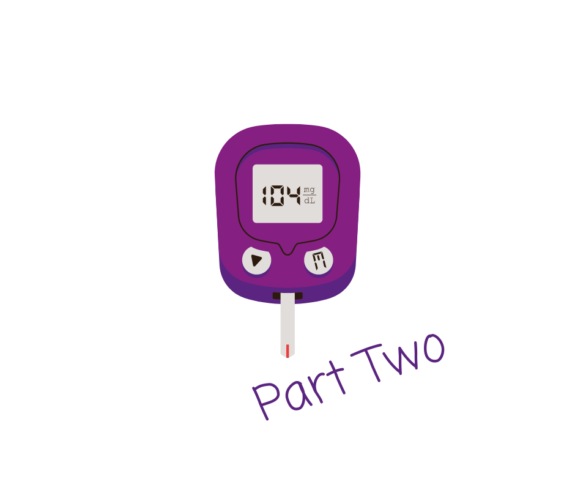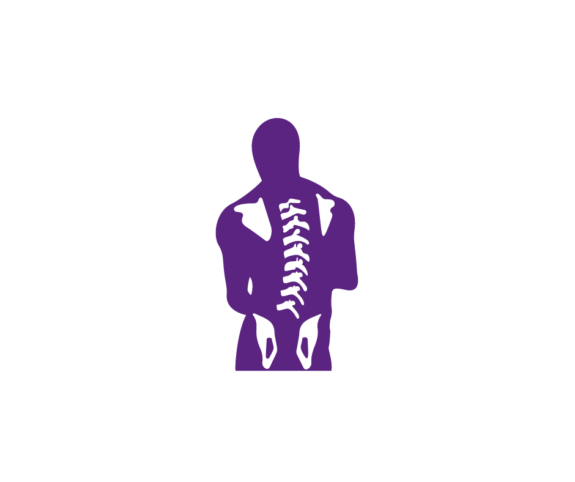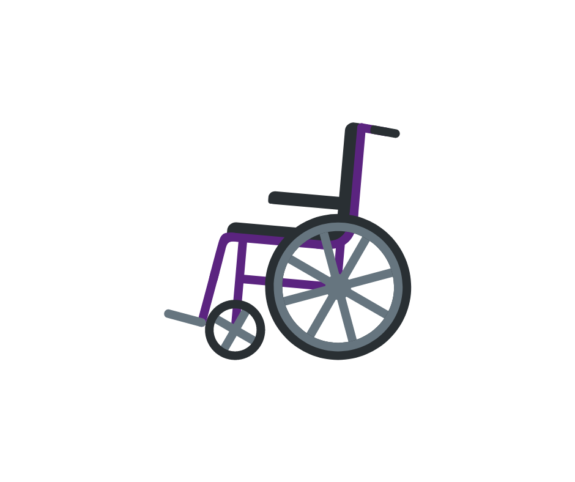This month, with new staff member Lewis on board, we’re taking a look at DiGeorge Syndrome to find out what it’s all about.
What is DiGeorge Syndrome?
DiGeorge syndrome, also known as 22q11.2 deletion syndrome, is a condition caused by the deletion of a small part of the 22nd chromosome. What this basically means is that part of the genetic information contained in that particular chromosome is missing, causing a myriad of health problems that last for the person’s entire life. The problems can be mild, moderate or severe and can vary from person to person. They include:
- Heart defects.
- Cleft lip/palate.
- Learning disabilities and developmental delays.
- Hearing and vision problems.
- Behavioural problems.
- Speech difficulties and/or nasal sounding speech.
- Specific facial features; low-set ears, wide-set eyes, underdeveloped chin.
- Bone, spine and muscle issues such as scoliosis and poor muscle tone.
- Short stature.
- Respiratory difficulties.
- Disfunction of the thymus gland which can result in a poor immune system and frequent infections.
While there’s no real consensus regarding the number of people affected by DiGeorge Syndrome, experts estimate it affects between 1 in 2000 people and 1 in 4000 all around the world.
How do you get DiGeorge Syndrome?
As it’s caused by missing DNA in the chromosome, this means that the DNA was already missing at the time of conception. 90% of the time this happens organically, meaning there’s no hereditary component, but 10% of the time it can be passed from a parent to their child. Usually the syndrome will be so mild in the parent that they do not even realise they have it.
Is it curable?
While DiGeorge Syndrome is not curable it is absolutely treatable. As every person with the condition will manifest different symptoms with varying degrees of severity, the treatment very much depends on the person. In most cases any heart defects will be detected first, usually at birth, and will get treated accordingly. Other symptoms such as the developmental delays and learning disabilities can only be treated as they appear. For example, a child may receive speech therapy or extra assistance at school along with regular blood tests, hearing tests and scans to monitor progress and check for any further developments.
The outlook for people with DiGeorge Syndrome is different for every person and can depend on the severity of the symptoms. Most children do survive beyond childhood and can often find that some of the physical symptoms such as the heart issues and speech problems become less of a problem as they get older. However, the developmental delays, learning disabilities and mental health problems will usually remain although they can be managed. Many adults with the condition are able to both live independently and find employment.
While DiGeorge Syndrome can be detected in the womb, the condition isn’t always picked up immediately. Many sufferers can go years before a diagnosis is made but once it is, a proper treatment programme can be put in place.
If you’re concerned that your child is displaying any of the symptoms mentioned above then take a look at some of the resources below and talk to your GP. Having the knowledge of what you’re dealing with is half of the battle and the rest will always follow.
Resources:
https://www.nhs.uk/conditions/digeorge-syndrome/
https://www.medicalnewstoday.com/articles/308533#outlook
https://www.mayoclinic.org/diseases-conditions/digeorge-syndrome/symptoms-causes/syc-20353543
http://www.healthofchildren.com/D/DiGeorge-Syndrome.html
https://primaryimmune.org/about-primary-immunodeficiencies/specific-disease-types/digeorge-syndrome
https://medlineplus.gov/genetics/condition/22q112-deletion-syndrome/












